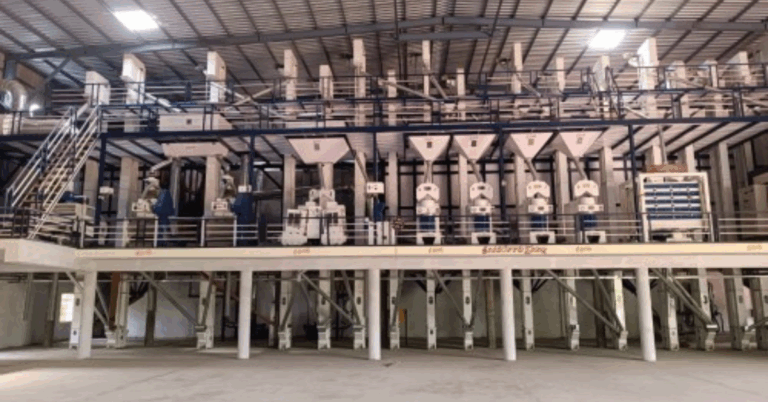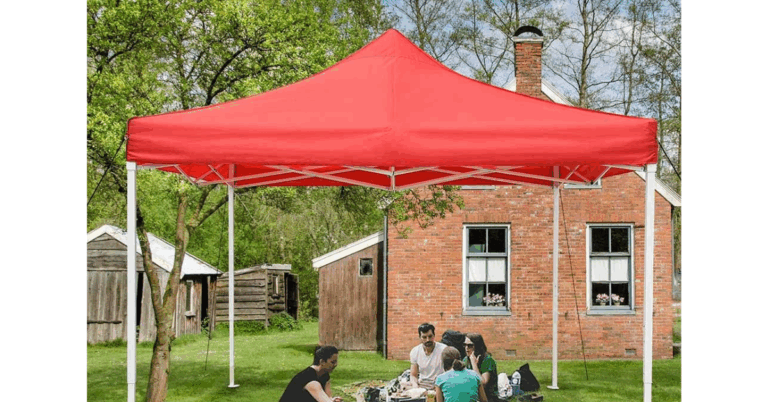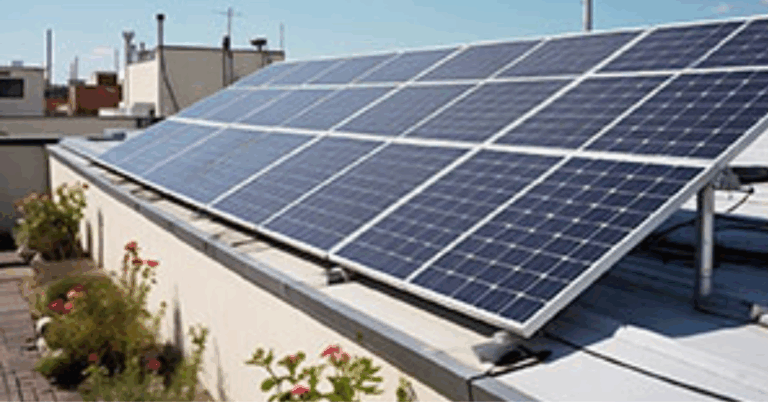Trends in Sustainable Wall Systems: Implications for Businesses: Silverexch.com, Goldenexchange, Betbook247.com
silverexch.com, goldenexchange, betbook247.com: Sustainable wall systems have become a growing trend in the construction industry as businesses and homeowners look for ways to reduce their environmental footprint. These innovative wall systems not only help minimize energy consumption but also contribute to creating healthier and more comfortable indoor spaces. In this article, we will explore the latest trends in sustainable wall systems and discuss the implications for businesses.
1. Green Building Certification:
One of the most significant trends in sustainable wall systems is the increasing demand for green building certifications such as LEED (Leadership in Energy and Environmental Design) and BREEAM (Building Research Establishment Environmental Assessment Method). Businesses are increasingly realizing the benefits of investing in these certifications to demonstrate their commitment to sustainability and attract environmentally-conscious customers.
2. Energy-Efficient Materials:
Another key trend in sustainable wall systems is the use of energy-efficient materials such as insulated concrete forms (ICFs), structural insulated panels (SIPs), and green walls. These materials help reduce energy consumption by improving insulation and thermal performance, leading to lower heating and cooling costs for businesses.
3. Solar Walls:
Solar walls are gaining popularity as an innovative sustainable wall system that utilizes the sun’s energy to heat and ventilate buildings. Businesses can benefit from reduced energy costs and carbon emissions by integrating solar walls into their building design.
4. Living Walls:
Living walls, also known as green walls, are another trending sustainable wall system that brings nature indoors. These walls are composed of plants that can help improve air quality, reduce stress, and enhance the aesthetics of a space. Businesses can use living walls to create a biophilic design that promotes employee well-being and productivity.
5. Recycled and Reclaimed Materials:
Using recycled and reclaimed materials in wall systems is a sustainable practice that is becoming increasingly popular among businesses. By repurposing materials such as reclaimed wood, recycled glass, and salvaged metal, businesses can reduce waste and promote a circular economy.
6. Vertical Gardens:
Vertical gardens are a creative way to incorporate sustainable wall systems into outdoor spaces. Businesses can use vertical gardens to enhance the visual appeal of their building facades, create green spaces in urban environments, and improve air quality.
7. FAQs:
Q: How can businesses benefit from investing in sustainable wall systems?
A: Businesses can benefit from reduced energy costs, improved indoor air quality, enhanced brand reputation, and increased customer satisfaction by investing in sustainable wall systems.
Q: Are sustainable wall systems more expensive than traditional wall systems?
A: While the upfront costs of sustainable wall systems may be higher, businesses can recoup the investment through energy savings, lower maintenance costs, and enhanced property value in the long run.
Q: How can businesses find sustainable wall system solutions?
A: Businesses can consult with sustainability experts, architects, and contractors specializing in green building design to explore sustainable wall system options tailored to their specific needs and budget.
In conclusion, the adoption of sustainable wall systems can have significant benefits for businesses, ranging from cost savings and environmental impact reduction to improved employee well-being and brand differentiation. By staying abreast of the latest trends in sustainable wall systems and embracing innovative solutions, businesses can position themselves as leaders in sustainability and make a positive impact on the planet.







